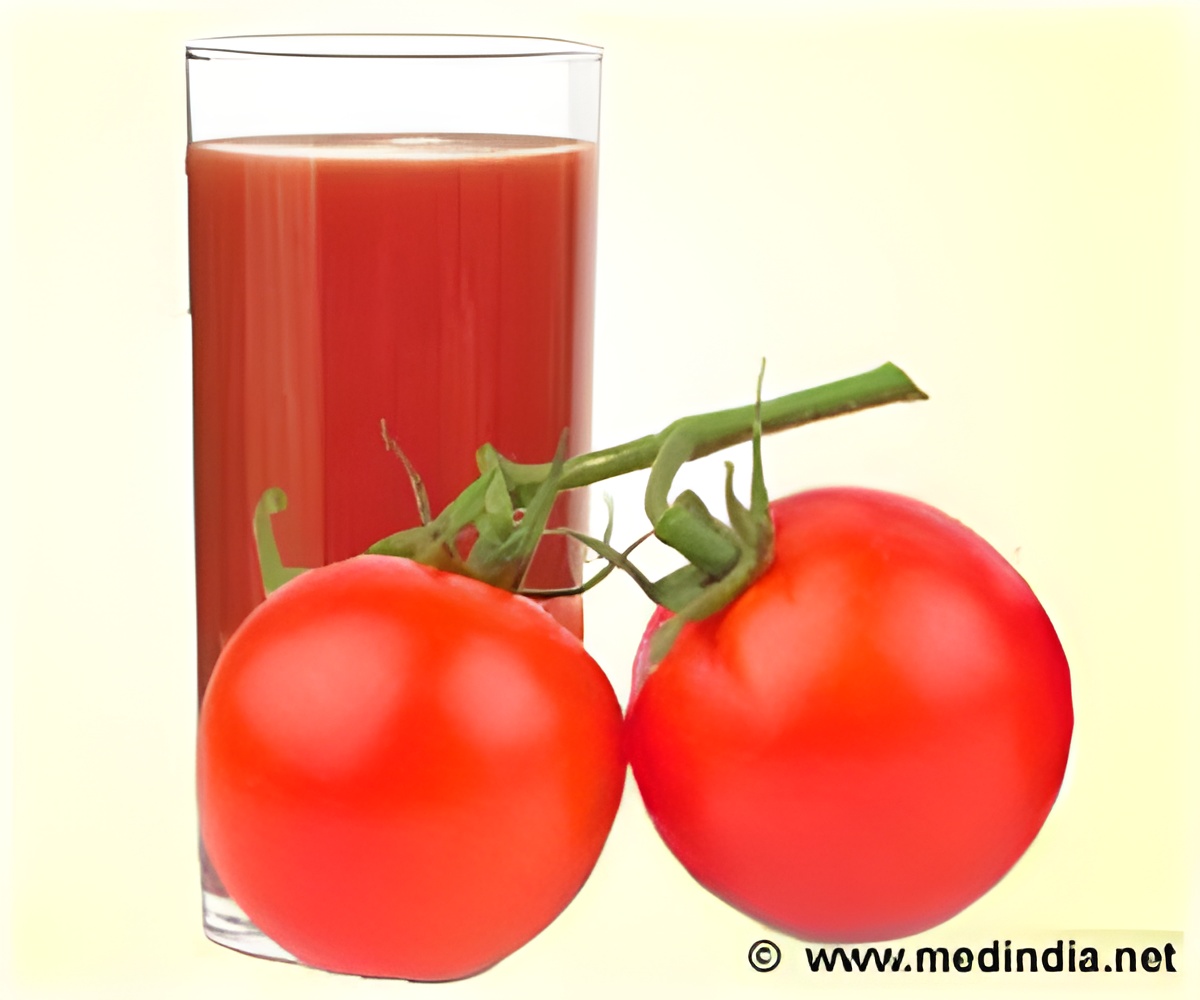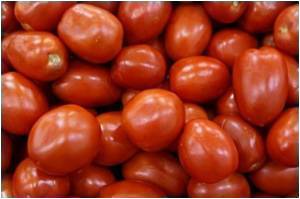
"This is one of the first examples of a peptide that acts like the main protein in good cholesterol and can be delivered by simply eating the plant," said senior author Alan M. Fogelman.
"There was no need to isolate or purify the peptide -- it was fully active after the plant was eaten," added Fogelman, executive chair of the department of medicine and director of the atherosclerosis research unit at the David Geffen School of Medicine at University of California, Los Angeles (UCLA).
After the tomatoes were eaten, the peptide surprisingly was found to be active in the small intestine but not in the blood, suggesting that targeting the small intestine may be a new strategy to prevent diet-induced atherosclerosis, the plaque-based disease of the arteries that can lead to heart attacks and strokes, reports Science Daily.
Specifically for the study, the team genetically engineered tomatoes to produce 6F, a small peptide that mimics the action of apoA-1, the chief protein in high-density lipoprotein (HDL or "good" cholesterol).
"It seems likely that the mechanism of action of the peptide-enhanced tomatoes involves altering lipid metabolism in the intestine, which positively impacts cholesterol," said co-author Srinavasa T. Reddy, professor of medicine and molecular and medical pharmacology at UCLA.
Advertisement














